Spider Mite damage too much? Call it quits?
Tiffan
9 years ago
Related Stories
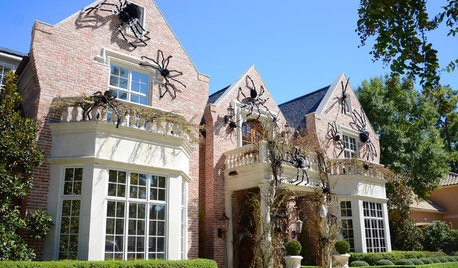
FUN HOUZZSurvey Says: We’re Scared of Being Home Alone — and Spiders
A new Houzz survey reveals that most of us get spooked in an empty house. Find out what’s causing the heebie-jeebies
Full Story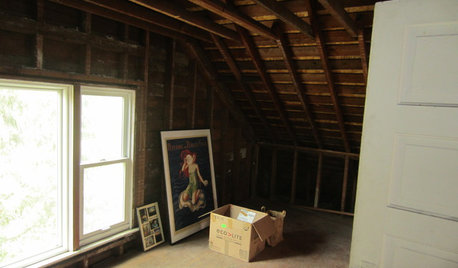
Houzz Call: What Gives You the Creeps at Home?
Halloween horror got nothing on your basement, attic or closet? Show us that scary spot you steer clear of
Full Story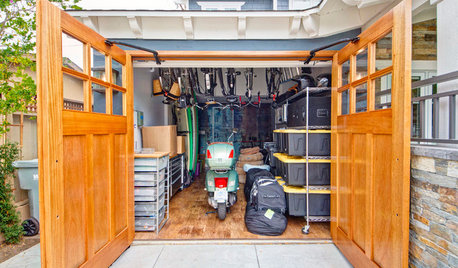
GARAGESHouzz Call: How Do You Put Your Garage to Work for Your Home?
Cars, storage, crafts, relaxing ... all of the above? Upload a photo of your garage and tell us how it performs as a workhorse
Full Story
HEALTHY HOMEWhat You Need to Know About Dust and How to Fight It
Breathe easier with these 10 tips for busting mites, dander and other microscopic undesirables
Full Story
GARDENING GUIDESGet on a Composting Kick (Hello, Free Fertilizer!)
Quit shelling out for pricey substitutes that aren’t even as good. Here’s how to give your soil the best while lightening your trash load
Full Story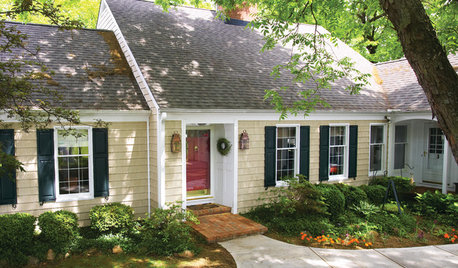
HOUSEKEEPINGHow to Wash Your House
Avoid damage to siding and plants while getting your home's exterior shining clean, with this guide to using pressure washers and hoses
Full Story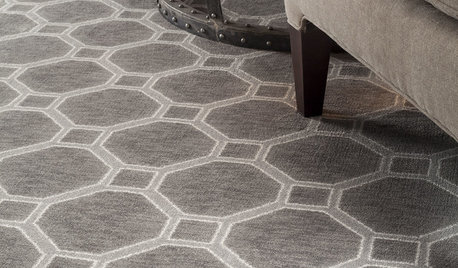
HOUSEKEEPINGDon't Touch Another Stain Before You Read This
Even an innocent swipe with water may cause permanent damage. Here's what to know about how rugs and fabrics react
Full Story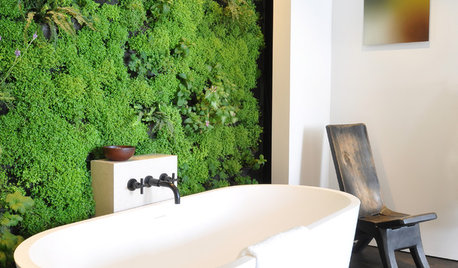
HEALTHY HOMEHow to Keep Water Vapor From Ruining Your House and Your Health
We help you find out when it’s happening, what it means and how to fix it
Full Story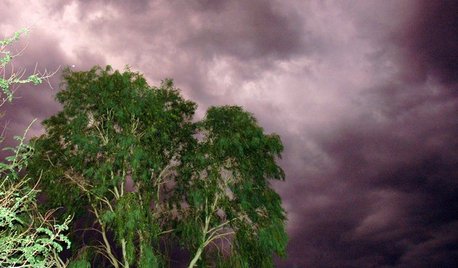
GARDENING GUIDESHow to Get Your Landscape Ready for Summer Storms
Don’t let high winds, dust storms and torrential rainfall catch you or your landscape by surprise
Full Story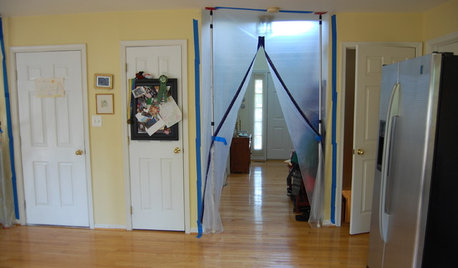
HEALTHY HOMEWhat to Know About Controlling Dust During Remodeling
You can't eliminate dust during construction, but there are ways to contain and remove as much of it as possible
Full StorySponsored
Columbus Area's Luxury Design Build Firm | 17x Best of Houzz Winner!
More Discussions






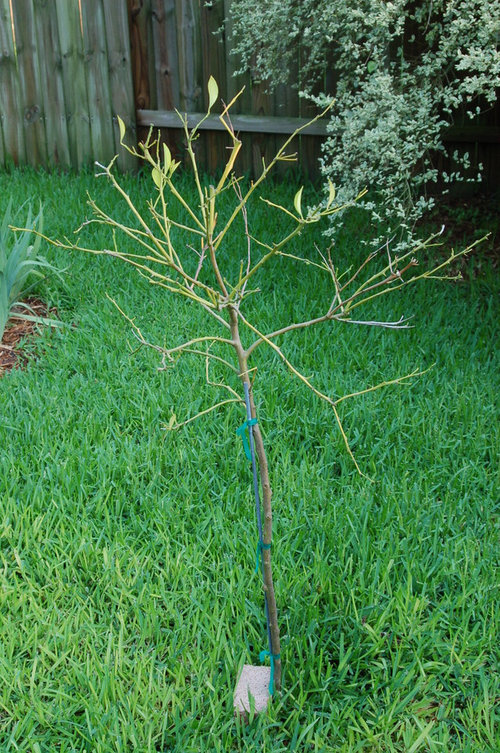
TiffanOriginal Author
hoosierquilt USDA 10A Sunset 23 Vista CA
Related Professionals
Benbrook Landscape Architects & Landscape Designers · Wakefield Landscape Contractors · Berwyn Landscape Contractors · Bowie Landscape Contractors · Broadlands Landscape Contractors · Burien Landscape Contractors · Canyon Lake Landscape Contractors · Davis Landscape Contractors · Fair Oaks Landscape Contractors · Lake Saint Louis Landscape Contractors · Plainview Landscape Contractors · Ponte Vedra Beach Landscape Contractors · Soddy Daisy Landscape Contractors · Palos Heights Landscape Contractors · Agoura Hills Stone, Pavers & Concretemeyermike_1micha
tantanman
TiffanOriginal Author
tantanman
TiffanOriginal Author
hoosierquilt USDA 10A Sunset 23 Vista CA
tantanman
TiffanOriginal Author
tantanman